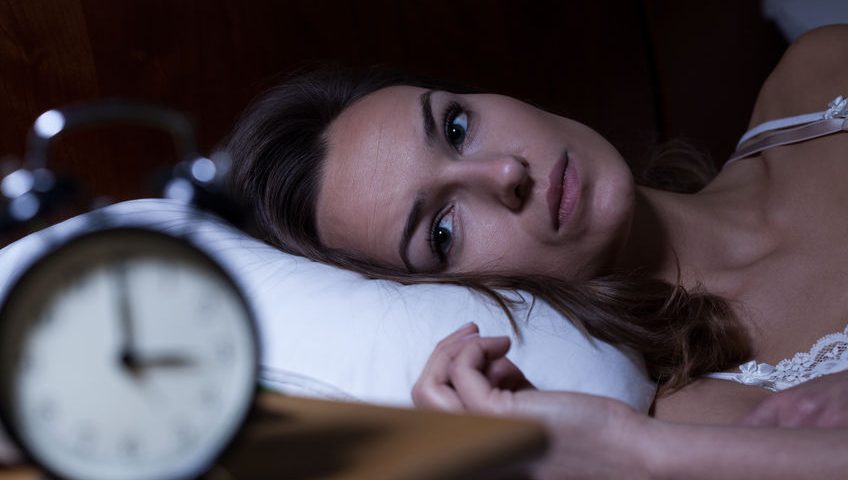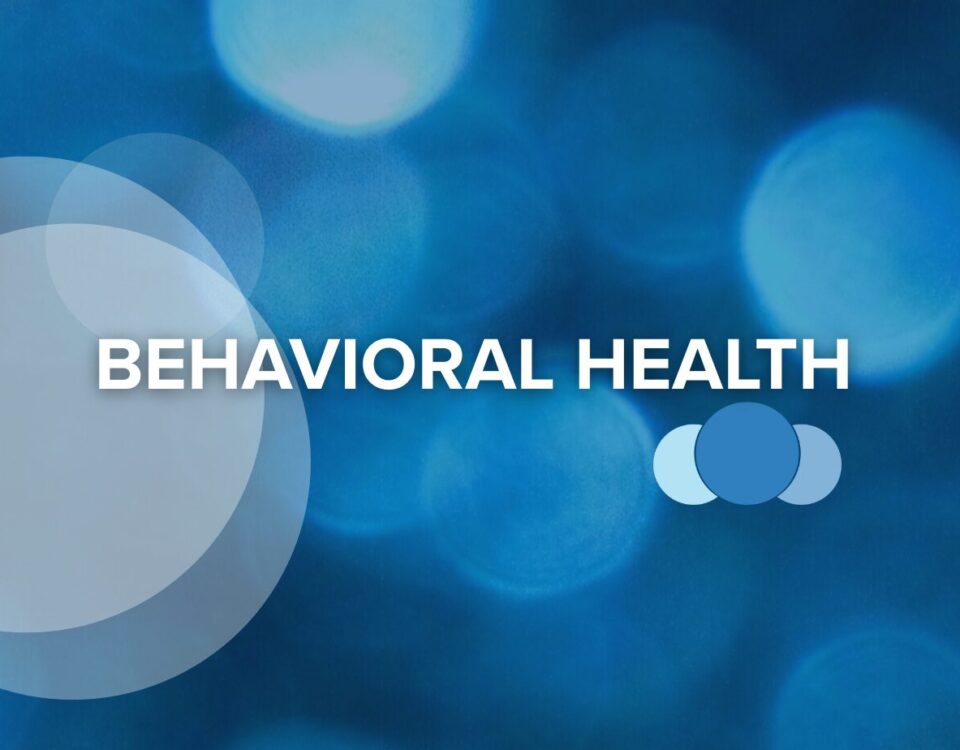
Intermittent Fasting and the Importance of Diet in Pain Management
May 31, 2019New Location With Same Great Care.
September 13, 2020Pain and Sleep

What is the link between pain and sleep?
Since 1942, the average American has lost an hour of sleep, now down to 6.8 hours. This might not seem like much, but evolution and biology tend to lean on the stubborn side. The human body’s natural sleep pattern is as inherent to one’s physiology as the ability to walk. It’s the genetic programming that has allowed humanity to perform, endure, and recover, and then do it all again the next day. As with many things, this can sometimes be at odds with the stresses of modern living. In today’s fast-paced environment, not only are we are staying up later and waking earlier, but the quality of our sleep is declining too.
Thankfully modern life does have its advantages. One of those advantages is data collection. Thanks to technology, we know that in 2018, one in five Americans was using a wearable device to track their sleep. This increased focus on sleep has provided valuable insight into how much sleep Americans are getting, as well as a wealth of associated health data.
The inherent sleep deficits seen in a majority of these studies have long-reaching effects. Some studies have shown that sleep deprivation has a profound impact on reaction time, and might be as dangerous to drivers as alcohol in some instances. Sleeping less than six hours per night triples your chance of hypertension. And so on…
But what about pain?
Numerous studies into sleep deficits point to the body’s inhibited ability to recover and repair, and some research is narrowing down into those specific effects. According to a research study from the UK, “poor or insufficient sleep is actually the strongest predicator for pain in adults over 50.”
“In older adults widespread pain, that is pain that affects multiple sites in the body, is common and is associated with morbidity and disability including poor mental health and reduced physical functioning,” said Ross Wilkie, the study’s senior author. Wilkie is one of the researchers with the Arthritis Research UK Primary Care Center of Keele University in Staffordshire. “Non-restorative sleep was the strongest predictor of new onset widespread pain,” he said, and “sleep is a modifiable target,” so improving it might improve the outcomes of these people, he said.
There is little doubt that sleep deprivation negatively affects the human body, but this is especially true for those with acute and chronic pain conditions, as evidenced by new research like this. Thankfully, this knowledge gives us helpful tips on breaking this cycle of sleep problems;
Pain Relief
Seek treatment for the pain that is the primary cause of the sleep deficit.
Wind down
“Slowing down” in the final hours before going to sleep allows the body to make an easy transition to a state of rest.
Invest in Yourself
Give yourself a full eight hours to rest and recover. This won’t happen if you’re constantly up against the clock.
Eliminate Light
Light triggers serotonin production, which can keep you awake and disrupt your circadian rhythm. Reduce light while sleeping to combat this.
Lower the temperature
Most people find it easier to sleep in a cooler room, anywhere between 65-70 degrees.
Exercise and Diet
Regular physical activity and eating well can be the primary keys to good sleep hygiene.



